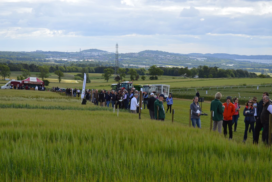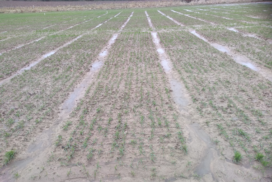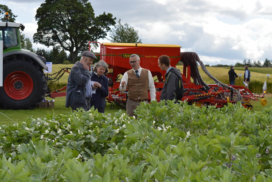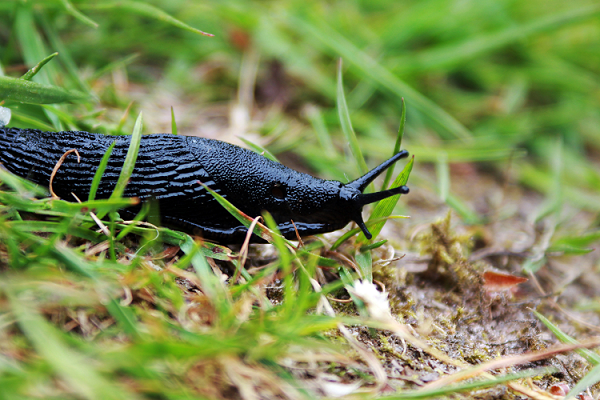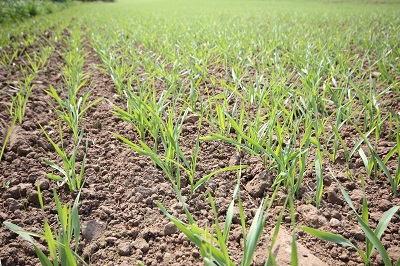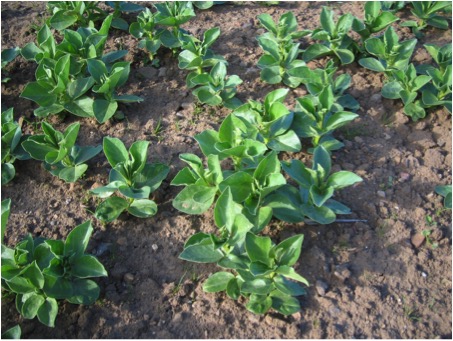Crop Health Updates - February 2020
General Comments
The British obsession with the weather has been to the fore over the last two weeks with storms Ciara and Dennis grabbing the headlines and causing havoc throughout the country. They have also been creating problems for crops, both those in the ground and those waiting to be sown. Ground is too wet to travel on, so preparing the ground for spring sowing has been difficult or impossible for most, and many crops sown late autumn are not in good condition. Many crops have not received the herbicide or fungicide inputs they should have had before the end of last year, and timely application in the spring along with fertiliser applications are going to be difficult unless ground conditions improve.
The Crop Production Northern Britain (CPNB) conference is being held in Dundee on the 25th and 26th February. CPNB 2020 brings together farmers, agricultural and horticultural advisers, the technical staff of the agricultural chemical trade and all those concerned with recent advances in crop production methods and in chemical and non-chemical crop protection, including advisory, research and government organisations, to discuss crop production and protection problems prevalent in northern environments.
Pesticide news in 2020
Much has been said and written about the challenges presented by a rapidly declining choice of chemistry, and the need to rapidly adjust to a reduced reliance on pesticides. Of our top 50 active pesticides in arable crops, more than 30 are at some risk of withdrawal and losses will be particularly acute this year with the loss of the multisite chlorothalonil on the 20th May. Read more here.
Crop protection needs in late drilled crops
Late drilling of cereals this year has been inevitable after the challenges of a very wet autumn and winter. In general Scotland’s winter barley crops went in before the weather broke and are looking relatively well despite saturated soils. Winter wheat is a different story and crops where drilling was delayed by wet weather until late October or later have commonly struggled with emergence, often looking very poor and with seed often rotting in the drills. Read more here.
Arable Scotland event to tackle key challenges in 2020
Arable Scotland 2020 is building on the inaugural event in 2019 and using the event to wrestle with some of the key challenges and opportunities facing the arable industry. Sustainability and the twin issues of climate and biodiversity set the scene but solutions will be the focus of the day. Alternative crops have a key place in meeting or mitigating these problems and will be the front and centre theme at the event. Alternative crops also have a role in improving soil health and decreasing plant health risks. Read more here.
Slugs - February 2020
Whilst slugs like moist conditions, Storm Dennis has probably been a bit much for them, and the wet winter has probably not done them any favours. Despite this, growers should keep an eye open for slug activity and damage to crops, particularly those that may be a bit behind in growth stage from where they should be. Any crops going in the ground should be considered at risk from slugs. Read more here.
Winter crop monitoring
Disease levels are low at the moment and crops are generally looking well. For weed control, many winter crops have had no weed control. It is still possible to apply a residual for annual meadow-grass and some broad-leaved weeds. Find out more here.
Weeds in spring beans
The variable yield of field beans is generally more due to pod set issues than weed competition. However, weeds can be a nuisance at harvest and as beans are sown at quite a low plant population, early weed control is essential. There are very limited herbicide options for broad-leaved weeds once the crop has emerged. Cultivations such as with a comb harrow are an option, but most crops will be treated with a pre-emergence herbicide. It is worthwhile taking care over the spray application, particularly as beans are often sown into a less worked seedbed. Read more here.
Sign up to the FAS newsletter
Receive updates on news, events and publications from Scotland’s Farm Advisory Service

